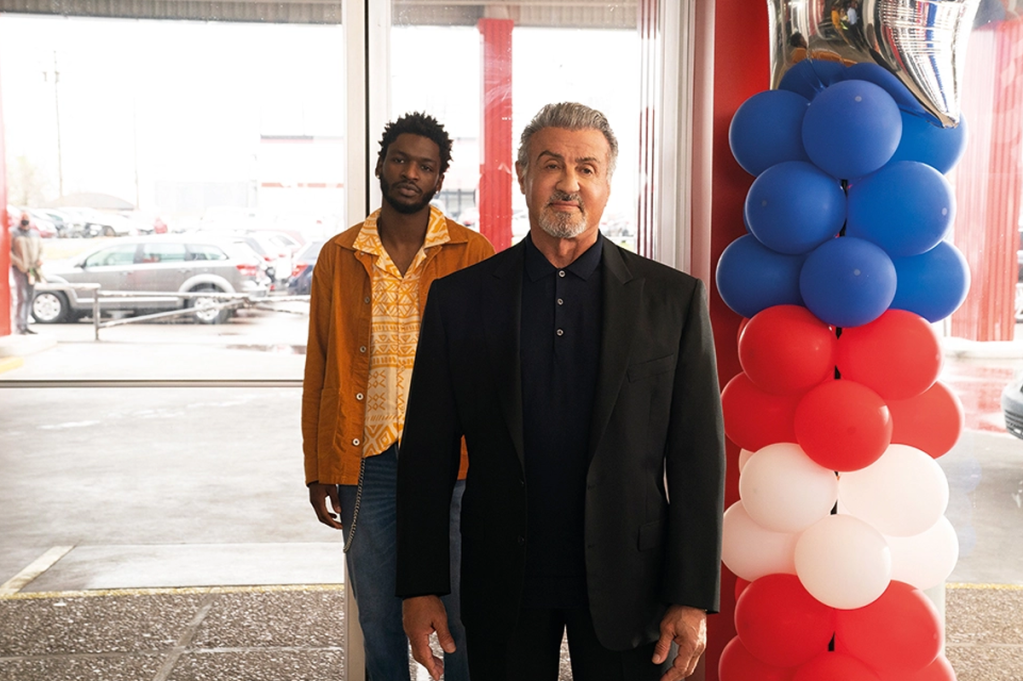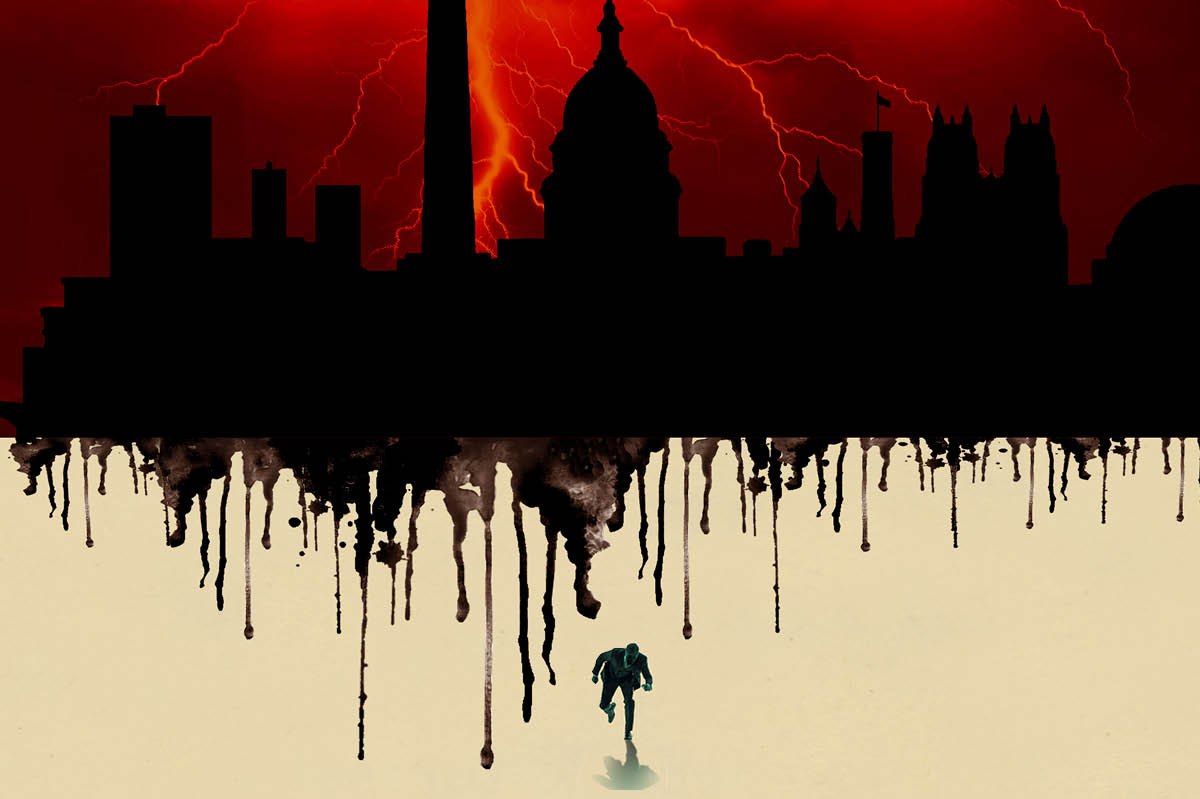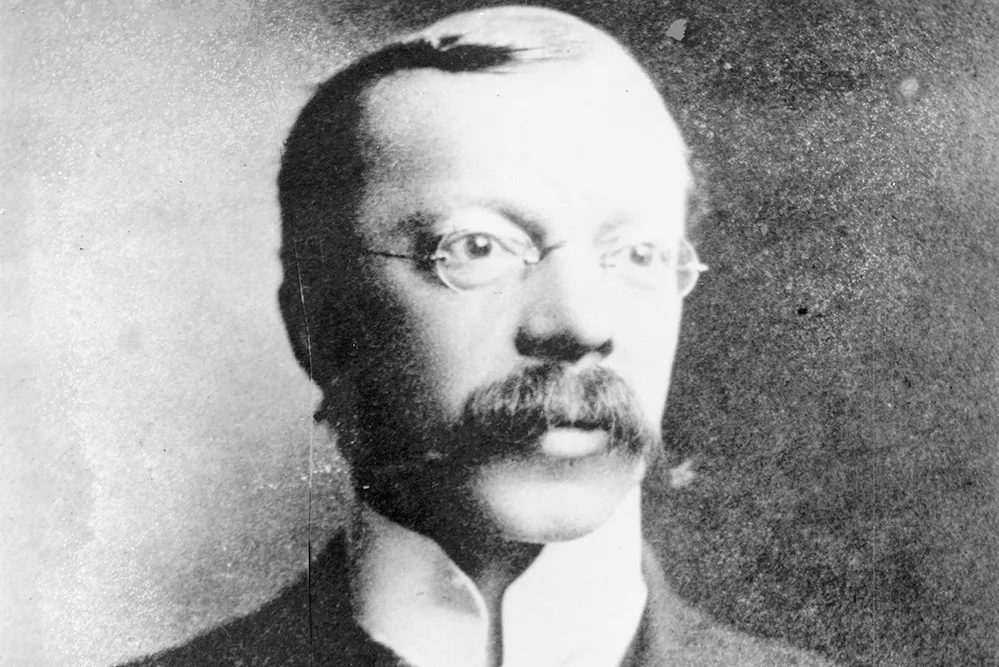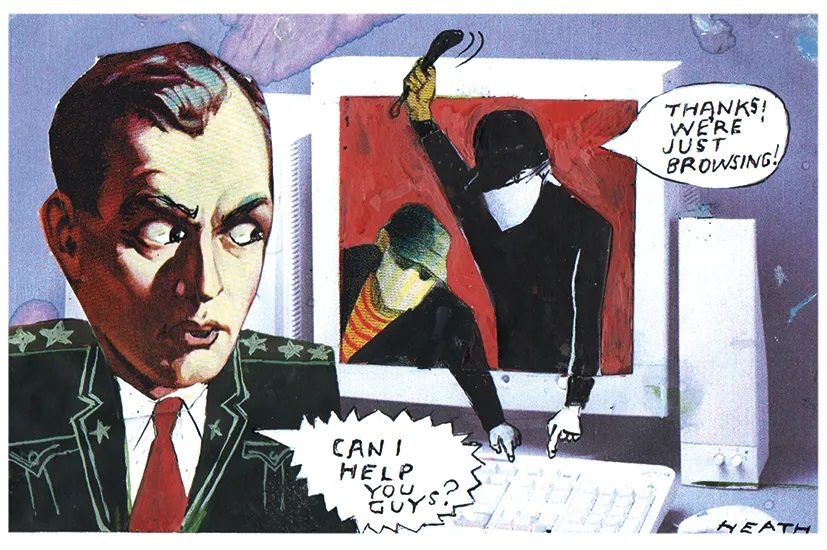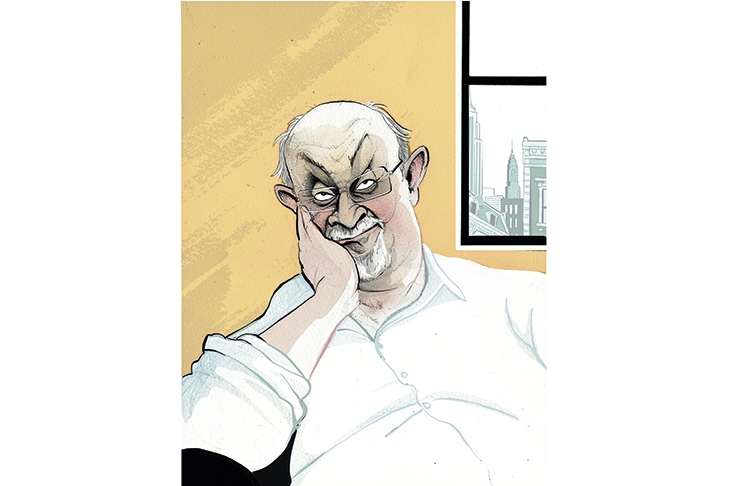TV currently abounds with “I thought they were dead” revival projects: series in which your favourite 1980s movie stars are given a new lease of life and you are reminded — with luck — how much you loved them. Kevin Costner is doing very well in Yellowstone; Ralph Macchio is milking the Karate Kid legacy for all it’s worth in Cobra Kai; Jeff Bridges and John Lithgow had a decent run in The Old Man. Now it’s the turn of Sylvester Stallone in Tulsa King.
But I shan’t be hanging around for the second episode. My main problem with it is the flawed premise. Stallone’s character —Dwight “The General” Manfredi — is a New York mafiosi who has just done twenty-five years in prison. He would have gotten out earlier but he resolutely refused to betray his lumpen, caricature bosses. So now, not unreasonably, he expects to be showered with rewards.
Instead, what he gets is Tulsa, Oklahoma. There is no mob presence there, apparently, so he can go and make it his own. This invites at least two awkward questions: first, how can this city — known to most of us, if at all, as the never-to-be-reached destination in a Bacharach/David song first covered by Gene Pitney and Dusty Springfield — possibly be in the gift of the New York mob? And second, how morally warped does an audience have to be to root for a character whose primary goal is to transform somewhere relatively sweet and innocent into yet another urban cesspit?
One of the running jokes, naturally enough, is just how much the world has changed since Manfredi was put behind bars. This is supposed to lend him an archaic, fish-out-of-water charm, which it does to a degree. He doesn’t know how to use an iPhone, he is gentlemanly towards the weaker sex, he is confused by inappropriate pronouns. (“I feel like Rip Van Winkle,” he says, lest we have missed the point.) But none of this quite offsets his fundamental character flaw: the guy is a brutal, thieving, parasitic thug.
His first move, for example, on arriving in town is to spot a local marijuana dispensary. Apparently, during his time in prison not one of the inmates has informed him that weed is now legal in most states. So Manfredi decides to muscle in on this business and offer his “protection,” deaf to the mild-mannered proprietor’s protestations that he has no need of it because his operation is completely legit.
Now I can only assume that you are meant to find it funny — or at least endearing — when Manfredi smashes up the face of store’s ineffectual security guy with a bottle and then describes in gloating detail what will happen to the bones on the proprietor’s foot if he (Manfredi) is reluctantly forced to stomp on it. I find it repellant — and I suspect I’m far from alone. What did these ordinary folk, just trying to run a business, do to deserve this brutality? Since when did a hard-done-by criminal’s need to make up for lost time trump “Thou shalt not steal?”
The worrying suspicion arises that our perceived nostalgia for Stallone is being asked to do all the heavy lifting here. “C’mon, guys. He got beaten up for ’Murica in six Rocky movies! He restored post-Vietnam pride in five Rambo movies! Surely you’re not going to begrudge this lovable old hunk of yesteryear a cheery retirement by refusing to suspend your moral judgment.”
Look, I want to like Stallone. I’m happy that he can still act, that he doesn’t seem to have suffered too much brain damage from doing his own stunts, that at seventy-six he has the physique and presence of a superfit man half his age. But I do wish writers Taylor Sheridan and Terence Winter could have exploited all this in a storyline that didn’t leave such a nasty taste in the mouth.
Both have an impressive track record: Sheridan wrote Sicario and created Yellowstone; writer/producer Winter worked on The Wolf of Wall Street and The Sopranos. Yet this project seems to have been knocked off in the course of an elevator journey on the back of an envelope: “A pinch of Lilyhammer; a touch of Ozark — and let’s make the unfamiliar setting Oklahoma this time because they’re offering some really great subsidies. And no one’s going to notice the clichés or the clunkiness because the moment they see Stallone delivering his lines like a silver fox Rambo with a gray goatee and a gray suit they’ll just applaud themselves for getting the ironic joke.”
I’m not having it. Crime isn’t fun and it shouldn’t pay and if Tulsa is as old-fashioned, God-fearing, hard-riding and sweetly naive a city as it’s made out to be here, then personally I’m rooting for it to stay that way.
This article was originally published in The Spectator’s UK magazine. Subscribe to the World edition here.



